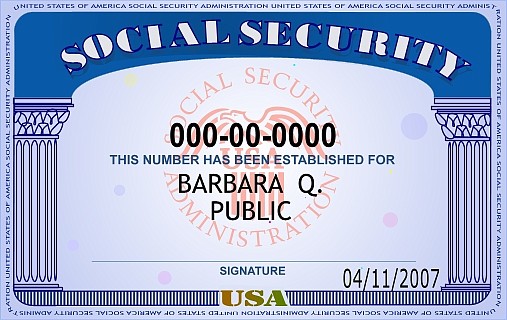Medicare Questions and Answers
November 16, 2017 at 8:33 a.m.
By Kirk Larson Social Security Washington Public Affairs Specialist
Medicare is an important program for you and millions of people. Medicare is our country’s health insurance program for people age 65 or older. People younger than age 65 with certain disabilities, or permanent kidney failure, or amyotrophic lateral sclerosis (Lou Gehrig’s disease), can also qualify for Medicare. The program helps with the cost of health care, but it doesn’t cover all medical expenses or the cost of most long-term care. For more information on Medicare go to www.ssa.gov/pubs/EN-05-10043.pdf
Question:
I will rely on Medicare when I retire. Can you explain the different parts of Medicare?
Answer:
The different parts of Medicare cover your specific needs. There are four parts, all of which work in tandem to deliver healthcare services.
• Part A (hospital insurance): Hospital insurance helps pay for inpatient care in a hospital or skilled nursing facility (following a hospital stay), some home health care, and hospice care.
• Part B (medical insurance): Medical insurance helps pay for doctors’ services and many other medical services and supplies that hospital insurance doesn’t cover.
• Part C (Medicare Advantage plans): If you have Medicare Parts A and B, you can join a Medicare Advantage plan. Private companies offer Medicare Advantage plans which are approved by Medicare. These plans generally help you pay the medical costs not covered by Medicare Part A and B.
• Part D (prescription drug coverage): Prescription drug coverage helps pay for medications doctors prescribe for treatment.
Question:
When can I start Medicare?
Answer:
When you first become eligible for Medicare Part A, you have a seven-month period (your initial enrollment period) in which to sign up for Part B. If you’re eligible at age 65, your initial enrollment period begins three months before your 65th birthday, includes the month you turn age 65, and ends three months after that birthday.
Question:
I have medical coverage through my employer. Do I have to take Medicare Part B?
Answer:
You are not required to take Medicare Part B if you are covered by a group healthcare plan based on either your current employment or the current employment of a spouse. When your coverage ends, you may contact the Social Security Administration to request a special enrollment for Medicare Part B. We will need to verify your coverage through your employer in order for you to be eligible for a Special Enrollment Period. Note – COBRA, retiree health plans, and medical coverage from the VA aren't considered coverage based on current employment. You're not eligible for a Special Enrollment Period when that coverage ends.
Question:
What happens if I did not take Medicare Part B when I was first eligible?
Answer:
In most cases, if you don't sign up for Part B when you're first eligible, you'll have to pay a late enrollment penalty. You'll have to pay this penalty for as long as you have Part B. Your monthly premium for Part B may go up 10% for each full 12-month period that you could have had Part B, but didn't sign up for it. Also, you may have to wait until the General Enrollment Period (from January 1 to March 31) to enroll in Part B. Coverage will start July 1 of that year. Usually, you don't pay a late enrollment penalty if you meet certain conditions that allow you to sign up for Part B during a Special Enrollment Period.
Question:
What is the monthly premium for Medicare Part B?
Answer:
The standard Medicare Part B premium for medical insurance in 2017 is $134.00. This amount represents about 25 percent of the average per capita costs of the basic benefit. The government pays the remaining cost of the basic benefit.
Some people who collect Social Security benefits and have their Part B premiums deducted from their payment will pay less. This is because the Part B premium increased more than the cost-of-living increase for 2017 Social Security benefits. Some are paying between $109 and $127 per month. Social Security will send a letter to all people who collect Social Security benefits (and those who pay higher premiums because of their income) that states each person’s exact Part B premium amount for 2017 and any changes in 2018.
Since 2007, higher-income beneficiaries (about 5% of those on Medicare) have paid a larger percentage of their Medicare Part B premium than most. Depending on their income, these higher-income beneficiaries will pay premiums that amount to 35, 50, 65, or 80 percent of the total cost of coverage. You can get details at Medicare.gov or by calling 1-800-MEDICARE (1-800-633-4227) (TTY 1-877-486-2048).
Kirk Larson is a Social Security Administration Public Affairs Specialist located in Seattle and serving Western Washington.





